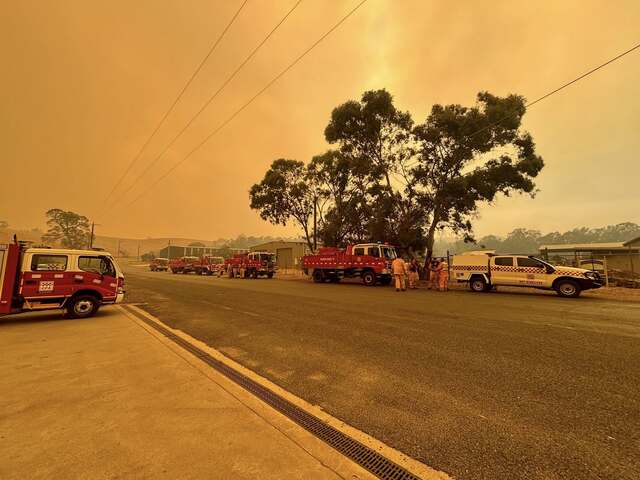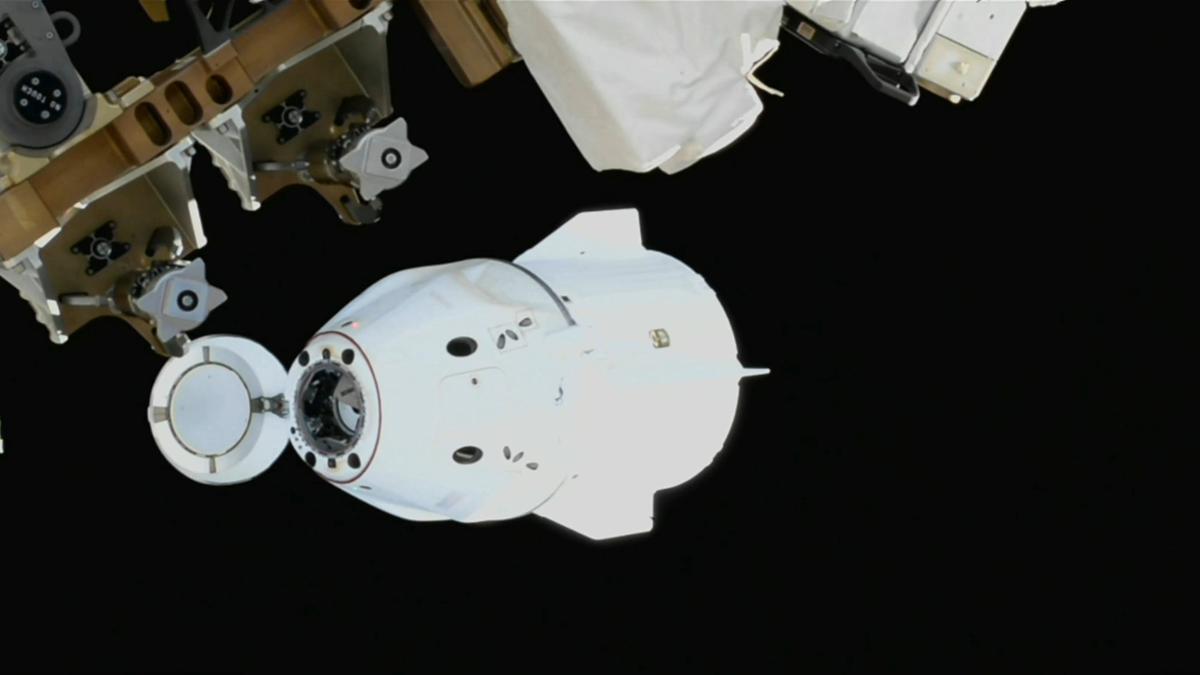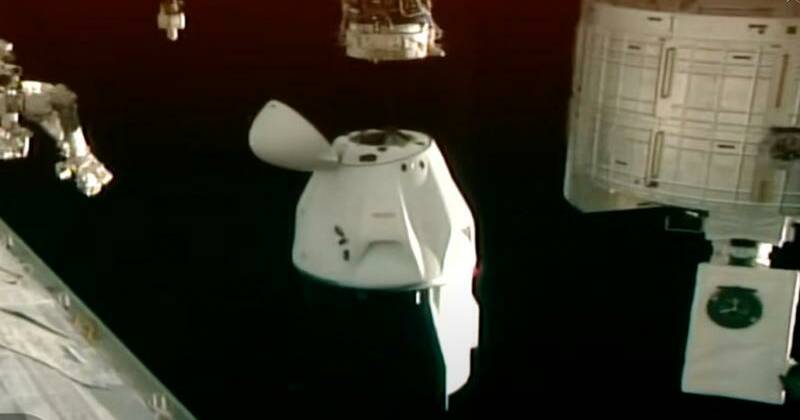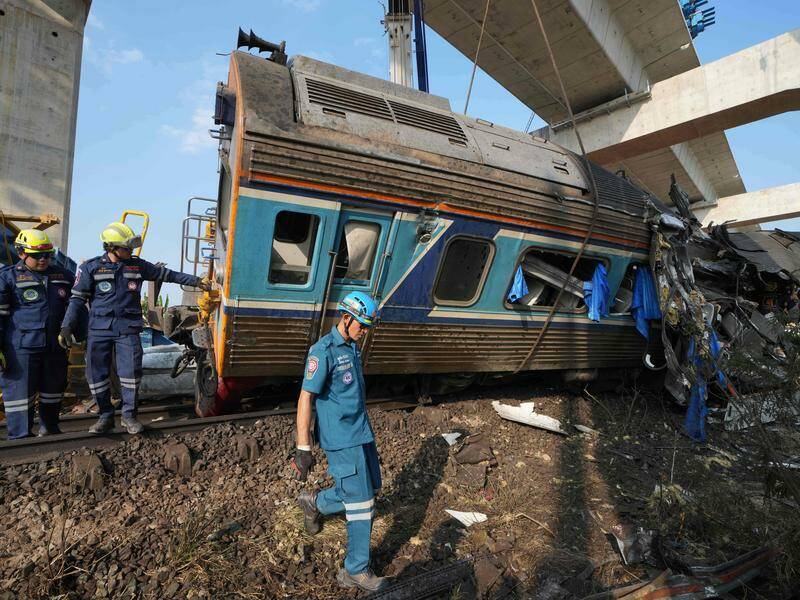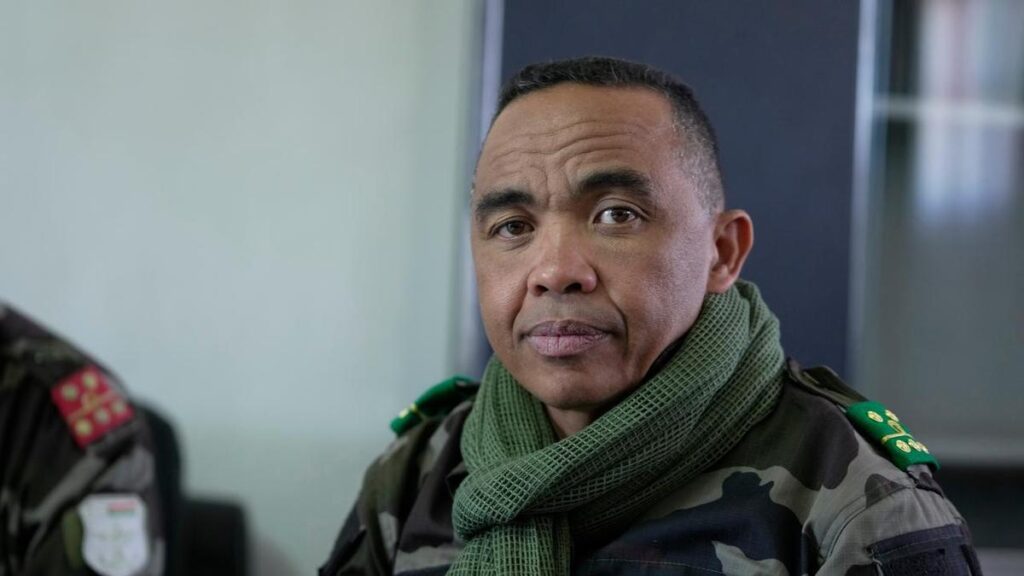
Madagascar’s military ruler, Michael Randrianirina, has announced plans to be sworn in as president following a coup that ousted former President Andry Rajoelina. Rajoelina was impeached by members of parliament after fleeing the country over the weekend. He has since condemned the military takeover and refuses to resign, despite public protests demanding his departure and significant defections within the security forces.
In a press briefing on Wednesday, Randrianirina confirmed that the military has dissolved all governmental institutions except for the National Assembly. He stated, “We will be sworn in soon,” following an invitation from the High Constitutional Court for him to serve as president. According to two sources close to him, his official swearing-in is expected to occur within the next couple of days.
Military Governance and Transition Plans
Randrianirina revealed that a military-led committee would govern alongside a transitional government for a period of up to two years, after which new elections would be organized. “There must be an oath-taking to make my position official,” he added, while surrounded by fellow officers at a military barracks. He emphasized the urgency of appointing a new prime minister to address the ongoing crisis in the country, although he did not specify a timeline.
The protests, primarily led by youth groups identifying as Gen Z Madagascar, call for improved governance and job opportunities. The demonstrators have voiced grievances over persistent issues such as chronic water and electricity shortages, limited access to higher education, and rampant government corruption.
Randrianirina, previously a commander in the elite CAPSAT army unit, had played a significant role in the 2009 coup that initially brought Rajoelina to power. His recent shift in allegiance came as he urged military personnel not to engage with protesters during the demonstrations. Rajoelina fled Madagascar on March 3, 2024, aboard a French military aircraft, citing threats to his safety. He is currently believed to be in Dubai, as reported by multiple diplomatic and opposition sources.
Historical Context and Youth Discontent
Rajoelina, who became the world’s youngest head of state at the age of 34, rose to power on the back of youth-led protests in 2009. Despite promises to enhance living standards and combat corruption, much of the Malagasy population remains in poverty. The current demographic landscape of Madagascar reveals that the average age is under 20, with approximately 30 million citizens, three-quarters of whom live below the poverty line.
According to data from the World Bank, GDP per capita in Madagascar plummeted by 45 percent between its independence in 1960 and 2020. The persistent economic struggles have fueled discontent among the youth, who are increasingly vocal about their demands for change.
As Madagascar enters a new chapter under military governance, the international community will be watching closely to see how these developments unfold and what impact they will have on the nation’s future.

